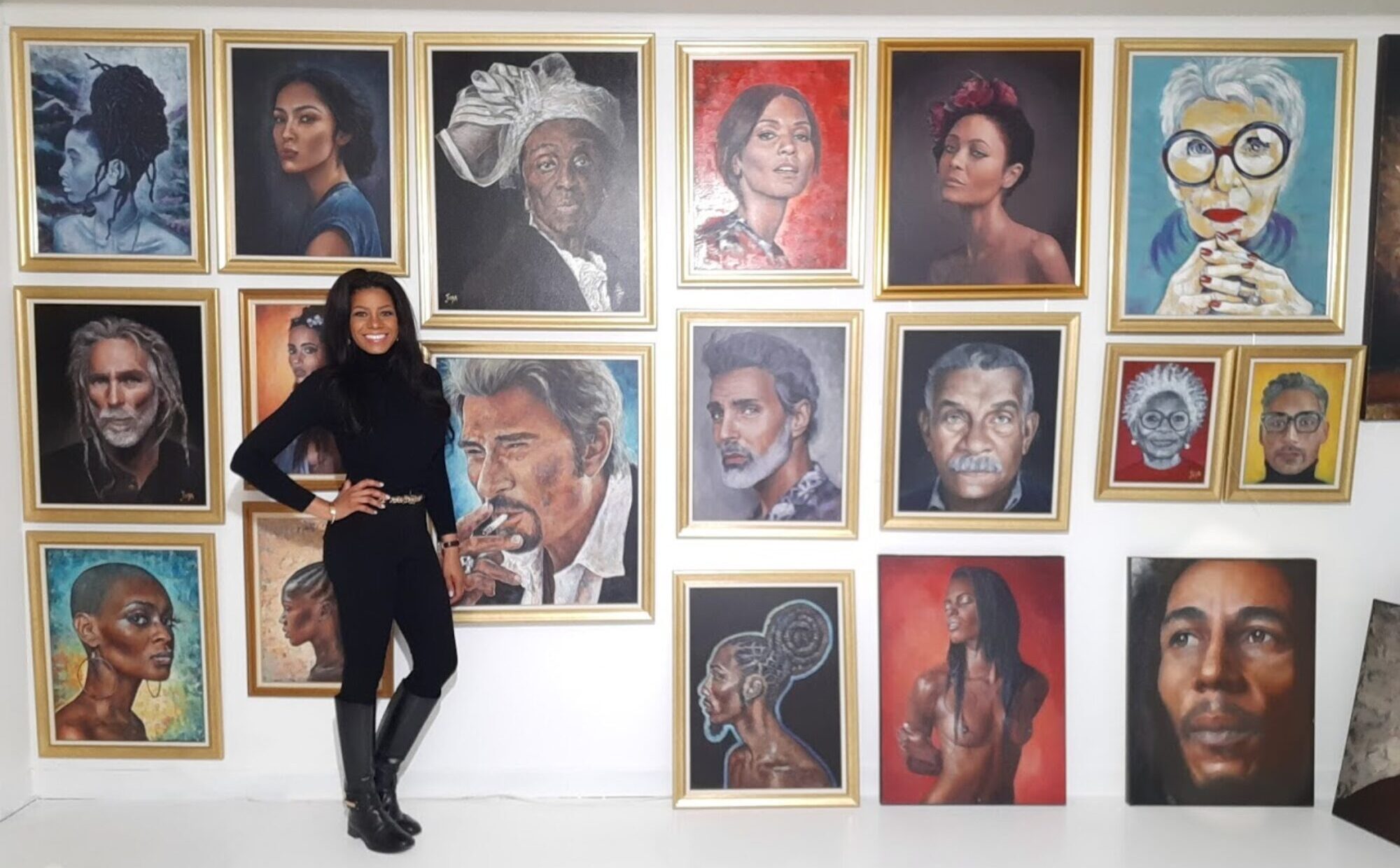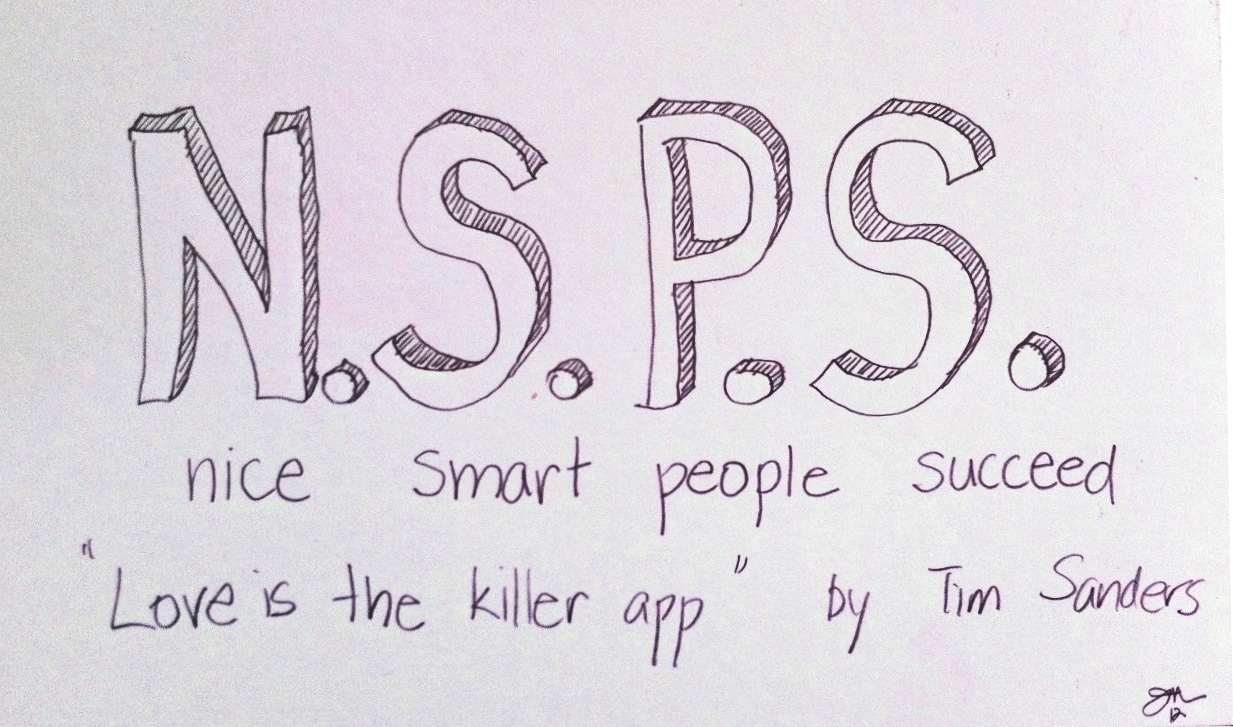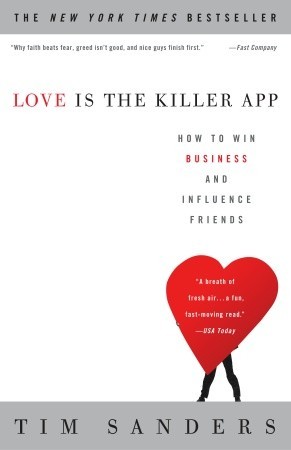Love hurts. Love scars. Love wounds and mars. Ooh ooh. Love hurts. ~Beverley Ross and Neil Fredericks, performed by ‘Nazareth’
Rejected by Cyberspace
Many years ago, newly single, I tried to sign up for an online dating service. The television commercial boasted the site’s ability to find “soul mates” for its members based on “29 dimensions of compatibility”. So, I slogged through the 436-question Compatibility Profile. Apparently, now it has been shortened to 250 questions. To the faceless evaluator, I shared self-descriptions, personal characteristics, important qualities, personal beliefs, living skills, communication style, relationship style and my family background. I answered scores of multiple choice questions such as “If you decided to stay at home for the evening would you tend to: A: watch TV B: clean C: talk on the phone D: read”. At the end of the questionnaire, eHarmony.com informed me that the calculator had concluded that based on my unique combination of preferences and traits, I could be matched to only about 3 – 5% of men in the general population and vice versa. To add insult to injury, the site further informed me that it could not find even a single potential match for me at that time, and summarily turned down my business, curtly suggesting that I return at a later date to try again.
I could have taken that experience as the ultimate rejection. If cyberspace turned me down, what could I expect to find in the real world? Today, it still makes me chuckle. Ironically, the Internet-calculator must have been on to something; I have spent about 75% of my adult life unattached. I’ve endured the “why have you never been married?” questions, as well as the unsolicited explanations for my predicament: “you are too picky”, “you intimidate men.” Those people may have been concerned that during the periods when I have been single, I would be sad, lonely and unfulfilled. A person can never be sad, lonely or unfulfilled when they accept themselves. Whether I am in a relationship or not, I strive to love and respect myself every day.
Silent Agreements. Unspoken Expectations.
Men and women go into relationships searching for love. They feel empty inside and go begging for someone to fill the void. They find themselves moving hungrily from lover to lover, or smothering their partners with a ravenous neediness — “make me feel loved”. They become obsessed about never being alone, willing to give up their very sense of self in exchange for enjoying the company another person. These people are as much controllers, as they are the controlled. Women change the way they speak, act and dress to please their husbands. Men give up their hobbies, change their jobs, and even their friends to fit into their partner’s mold of an ideal husband. Some people leave their countries, their families and even abandon their religions, just to hear three little words.
When we enter into a relationship with another person, we have expectations that are never communicated. Our partners also load upon us unspoken obligations. When they say the words, “I love you”, what they might be saying is “I love you if” — if you behave a certain way, if you are good to me, if you fit my mold, if you fulfill my dreams, if you let me control your life. When we say “I love you, I want to be with you forever”, what we might really mean is: “I have finally found the right person. Now I am going to place all my hopes and dreams in you. Promise to be perfect and to never disappoint me. I am giving you responsibility for my happiness, so you must never hurt me or leave me. If you do, my world will fall apart.”
A promise to make another person happy is a promise no one can ever hope to fulfill. We will never experience our partner’s thoughts or their feelings, so why should we try to control them? Who can fulfill obligations they are not aware of? Selfish expectations will eventually destroy almost any relationship. When we give love because we feel we have to, then our generosity will soon turn to selfishness. When fun and freedom turn into obligation, then respect turns to hatred. There is no more spontaneity and romance, just a burden and the growing desire to escape. If you do something just because you feel you have to, it is not really love. Love only thrives when it is given unconditionally. Love should always be an expression that is motivated by desire and free will.
Mastery of Love
True happiness can never come solely from receiving another person’s love. Happiness is your own responsibility. Happiness comes from the love inside of you, that you freely give without conditions. You already have all the love you need. The love you have inside is infinite. Don Miguel Ruiz in his book ‘The Mastery of Love: A Practical Guide to the Art of Relationship‘, writes “Love is not about concepts; love is about action. Love in action can only produce happiness… The only way to master love is to practice love.”
You can love someone else when you have learned to love yourself. When you have accepted yourself the way you are, then you don’t go into relationships trying to find the love you’re missing. This is why needy relationships always fail. You have a right to be free, and so does everyone else. When you try to control someone else by depending on them for love, all you really do is become dependent on them and give up your own personal freedom. When you truly love yourself, you will never trade in your freedom.
Being Together. Staying Together.
We can only ever be responsible for ourselves and our half of any relationship. Two people can be happy together in a relationship by entering into a new kind of agreement. This kind of agreement requires you to take responsibility for your own happiness and to love the other person unconditionally, finding a balance that works just for the two of you. There are infinite possibilities for relationships based on respect.
You must know exactly what you want. What are your likes and dislikes? Who are you compatible with? What brings you joy? What are your needs? Feel free to be yourself. Anything less, will leave you feeling disappointed, used and abused. You have to love yourself, and you have to trust your partner. You don’t need to be afraid to be taken advantage of because you guard your own happiness. There must also be compatibility. Both of your needs must coincide in a way that works for the two of you. You both agree that being together simply means that you are both going in the same direction and decided you can be happy together.
When you know that you love this person unconditionally, without any ifs and expectations, exactly the way they are without wanting to change a thing, then you know that they are right for you. If that person feels the same way about you, then there will be no need for false pretenses. Neither of you is trying to fulfill the other’s unspoken expectations. You don’t want to change them, and they don’t want to change you. You can be finally just be yourself, and you are happy taking a risk.
What if you start going in different directions? What if the situation no longer works for you and no longer brings you both joy? You can simply walk away without being selfish. You wish your partner well, because you accept that you cannot control him, you cannot change her. You give yourself a chance to be happy and you give your partner the chance to be happy.
Love Hurts?
Anger hurts. Betrayal hurts. Blame hurts. Conflict hurts. Disappointment hurts. Drama hurts. Fear hurts. Guilt hurts. Gossip hurts. Jealousy hurts. Judgement hurts. Selfishness hurts. Love does not hurt.




